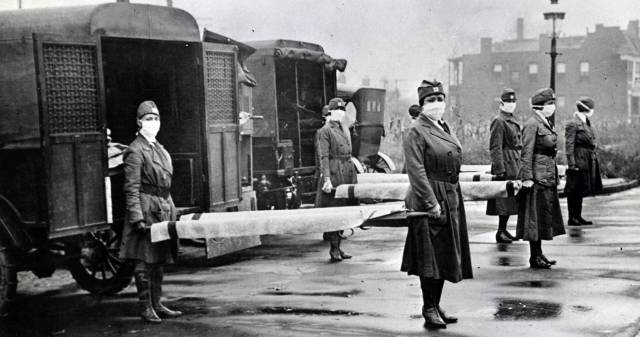
Blog post by Joe Babaian
It’s the kind of mistrust of science because science is viewed as authority. And there’s a lot of anti-authority feeling. I think that’s the kind of thing that drives the anti-vaxxers, the people who don’t believe the science of vaccination and don’t want to get their children vaccinated. It’s all part of that trend, which is very disturbing.
~Dr. Anthony Fauci
Confidence in healthcare and science – the system and the medical profession is rooted in experience, connections, and perception. Different segments of society have varying levels of trust based on socio-economic status, race, and level of interaction with the healthcare system to name a few. You can see social determinants of health #SDoH and demographics being a large part of this equation.
Who do we trust and why? Do we have the tools to differentiate between helpful marketing that aims to inform versus the darkly-shaded ask of pharmaceutical marketing that often does not align with best practices?
Confidence in healthcare has been declining and, most concerningly, has accelerated during the current COVID-19 era. Some sobering facts from the NEJM and the NY Times:
In 1966, more than three-fourths of Americans had great confidence in medical leaders; today, only 34 percent do. Compared with people in other developed countries, Americans are considerably less likely to trust doctors, and only a quarter express confidence in the health system.
During some recent disease outbreaks, less than one-third of Americans said they trusted public health officials to share complete and accurate information. Only 14 percent trust the federal government to do what’s right most of the time.
Imagine – public health emergencies where less than one-third of the people trust the news they receive plus even fewer trust the government to do the right thing. This is a recipe for disaster.
Some further impacts found from decreased trust in healthcare:
- Patients less likely to follow treatment plans
- Patients are more likely to decline critical vaccinations for themselves or their children
- People are less likely to follow medical advice for lifestyle & family planning issues
- Hurting innovation & research – clinical trial enrollment based on patient trust in their doctor – study
- Acceptance and use of #DigitalHealth – wearables, EHR, and more based on trust that privacy will be maintained (or not)
- Stalled #telehealth / #telemedicine adoption (or pull back) – even in a time of COVID-19.
What can we do?
- Partnering with patients versus “treating” patients
- Education. Education. Education.
- Improving communication and transparency – @myopennotes for example
- Empathy in all interactions
- Use new, secure technologies such as #blockchain to assure privacy/security
- Fostering and creating a collaboration mindset – tear down walls
Let’s talk about trust in healthcare as we join the extended #hcldr community for another engaging dialog.
Please join me on Tuesday, August 22nd at 8:30pm ET for the weekly #hcldr tweet chat where we will be discussing trust:
- T1 In what ways has the lack of confidence/trust in science & healthcare impacted the world recently?
- T2 How has the disturbing trend of science being viewed as an authority to mistrust & reject create a generational wave of primary and knock-on effects?
- T3 What might be done to halt/reverse the trend of reduced trust in healthcare/science as we move forward?
- T4 How do you see the trust issue evolving? Will new innovations/leadership help or hinder fostering more trust? Will the lessons be painful?
Image Credit
1918 Kansas Flu – Public Domain